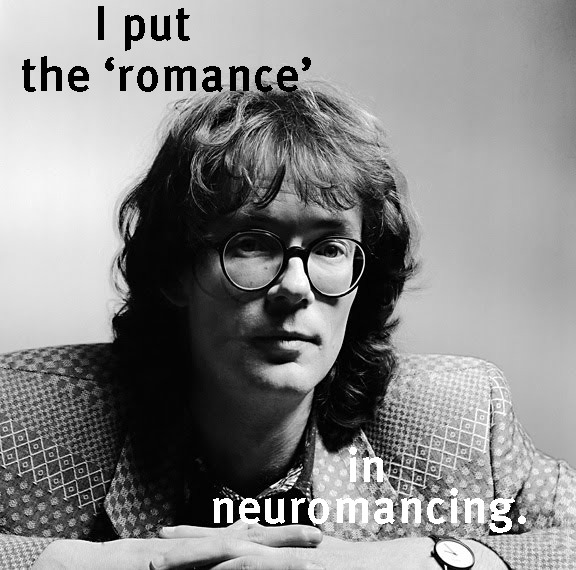ENGL 456, BC literature, Sept 2013 @ UVic
This term, I'm very pleased to be teaching a section of English 456 here at UVic, on the topic Literature of British Columbia. Each year, the 456 instructor is free to develop a somewhat idiosyncratic reading list, as long as you're selling a particular vision of BC that's defensible within the literature. After all, if you're only able to hit a half-dozen books from over a century's worth of writing, you're going to end up making some tricky decisions, and there's no reason to canonize one creaky compromise over any other.
For this year, I've decided to divide the course into two halves, leaving a blank spot for the 1960s through 1980s, the period which saw the rise of CanLit. (Joke explanation of CanLit also available.) I'll be speaking to this period, and I'm expecting that many students will get some exposure to literature of that time in coursework on Canadian literature more broadly, but I'm aware that it's something of a risk.
Further, we're starting with the more recent works, whose places in the canon aren't assured, before reaching back to look at the earlier, more canonical texts. In theory, we'll figure out where we are, then where we were, as a way of constructing a non-teleological understanding of literary history as a narrative of progress. Also, we're starting with a work of First Nations oral history, from the Okanagan people, because that just has to be our grounding for a course like this one.
In order, therefore, we're covering the following books, all but one of which I've already discussed on this blog once or twice:
 |
| Borrowed from here |
Further, we're starting with the more recent works, whose places in the canon aren't assured, before reaching back to look at the earlier, more canonical texts. In theory, we'll figure out where we are, then where we were, as a way of constructing a non-teleological understanding of literary history as a narrative of progress. Also, we're starting with a work of First Nations oral history, from the Okanagan people, because that just has to be our grounding for a course like this one.
In order, therefore, we're covering the following books, all but one of which I've already discussed on this blog once or twice:
- one post on Harry Robinson and Wendy Wickwire's Nature Power
- two posts on Larissa Lai's Salt Fish Girl (first, then second)
- two posts on Matthew Hooton's Deloume Road (first, then second)
- one post on Adrienne Fitzpatrick's The Earth Remembers Everything
- one post on Bertrand Sinclair's The Inverted Pyramid
- one post on M. Wylie Blanchet's The Curve of Time, and
- no posts, unfortunately, on Ethel Wilson's Swamp Angel.
 |
| CanLit Is Sexy (kind of) |
The class is full at this point, though I'm certainly prepared to take on some extra students if anyone's desperate to enrol. We're going to be thinking a lot about the boundaries between fiction and nonfiction, about the concept of fictional genre (and why literary fiction gets a free pass), and about what happens when a work of literature is anchored in a particular place and time that its readers know well, or at least could easily come to know well.
Plus, we're going to wonder what benefits there might be to thinking of these texts as BC books specifically, rather than just as books, and we're going to think about what kind of BC we're finding in this particular agglomeration. After all, we all live inside our own imaginations, ultimately, so inside the classroom, we're all going to be visiting from different versions of BC.
I'm looking forward to this course with nerdish delight, honestly. My general classroom approach is to keep trying to shut up and stop raving about the readings, so that I can hear from the whole classroom of smart that's assembled in front of me, but my success rate is often kind of low, because I'm a little excitable. If you're taking the course, please, help me find a way to listen more; the literature classroom is a community of readers, and a community's existence depends on conversation.
Comments